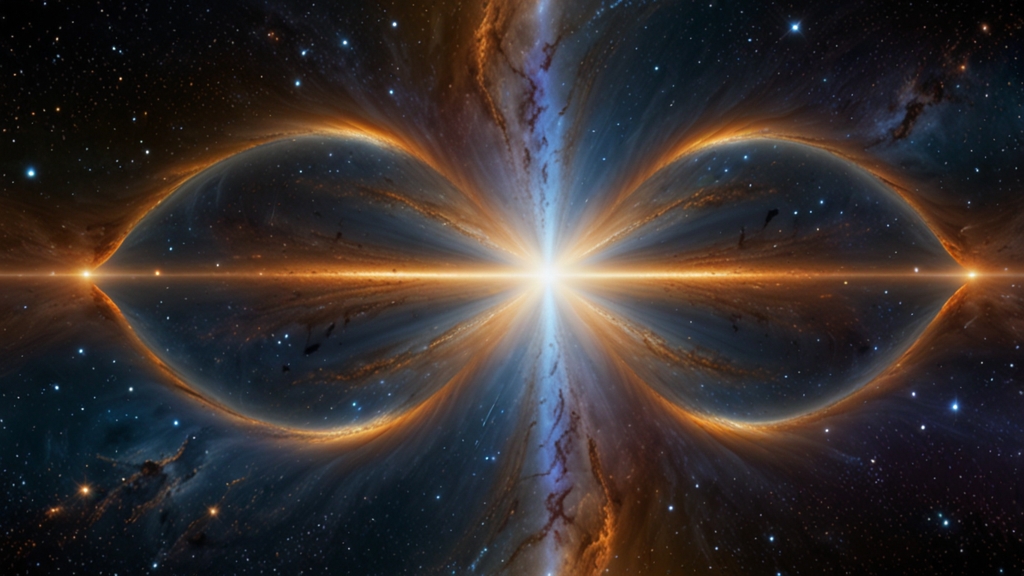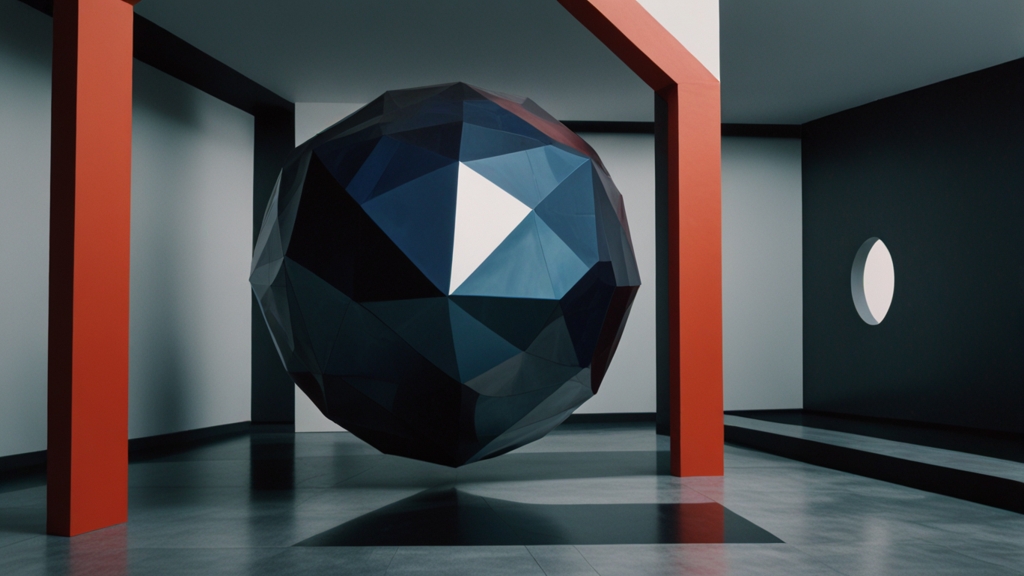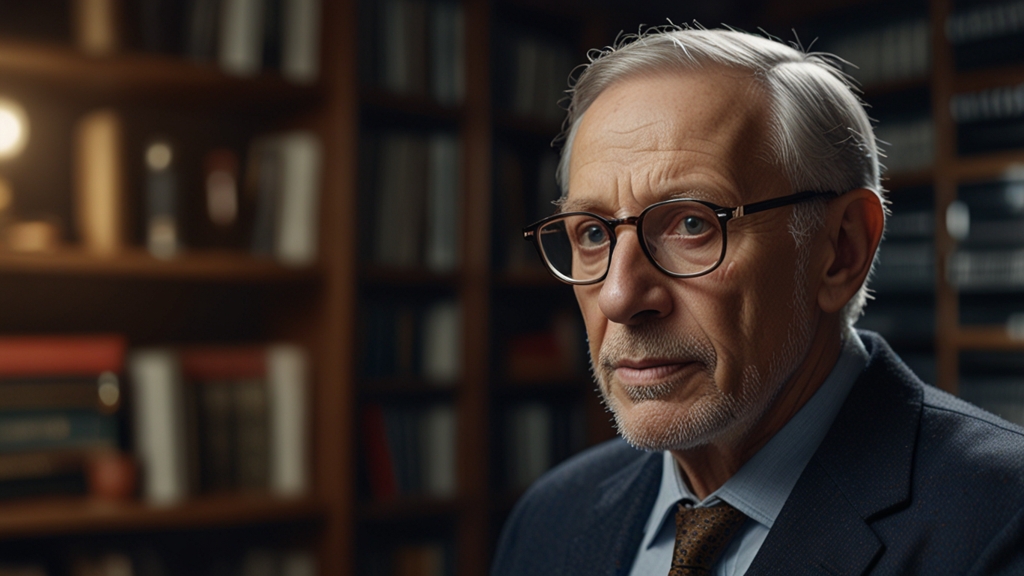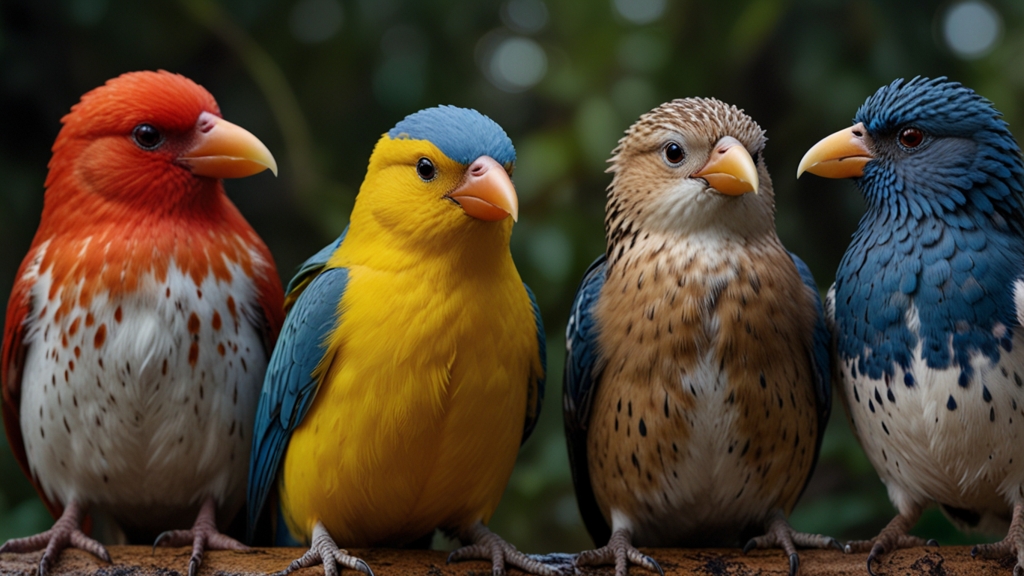The Creation Story in a Multiverse: A New Perspective
The creation story has been a cornerstone of human culture and thought since time immemorial. Rooted in religious texts, myths, and philosophies, these stories have helped humanity understand its origins and purpose. However, the notion of a single, linear creation narrative is being challenged by the scientific and philosophical concept of the multiverse. This new perspective adds layers of complexity to our understanding of existence.
What is the Multiverse?
The concept of the multiverse proposes that our universe is just one of many—possibly an infinite number—of universes that exist. These universes could vary dramatically in their physical laws, constants, and even the dimensions they exhibit. The idea stems from various interpretations of quantum mechanics, cosmology, and string theory.
"In the multiverse framework, every possibility—from the trivial to the profound—plays out in an infinity of universes, each with its own initial conditions, constants, and laws of physics."
Genesis Revisited
Traditional creation stories often revolve around a single sequence of events leading to the formation of the universe and life within it. For instance, the Judeo-Christian narrative entails a divine being creating the universe in six days. However, in a multiverse setting, the story of creation could vary widely across different universes. One universe might align with the biblical account, whereas another could follow an entirely different sequence or set of principles.
This notion doesn't necessarily negate traditional creation stories but rather situates them within a broader framework. Each story could be seen as one piece of a more extensive, multiversal puzzle.
Philosophical Implications
The multiverse perspective brings about profound philosophical questions about existence, purpose, and reality. If multiple or infinite universes exist, each one with different laws and histories, then what does that mean for our sense of self and uniqueness? Are we merely one of many variations in a grand cosmic lottery?
"The multiverse concept shifts the focus from 'why are we here?' to 'why this particular version of reality and not another?'
Furthermore, if each possible event occurs in some universe, then determinism and free will might need re-evaluation. In one universe, you might choose a particular path, while in another, you take a completely different route.
Scientific Considerations
The scientific community is divided on the multiverse concept. Some researchers argue that it offers a compelling explanation for fine-tuning—why the constants and laws of our universe are so perfectly suited for life. If an infinite number of universes exist, it's statistically probable that at least one would have the right conditions for life.
Critics, however, point out that the multiverse theory is difficult to test empirically. Without observational data, some view it as more of a philosophical construct than a scientific hypothesis. Despite these criticisms, the multiverse remains a topic of serious research and debate in theoretical physics.
Reimagining Creation
Incorporating the multiverse into our understanding of creation doesn't eliminate the need for traditional stories. Instead, it invites a pluralism of thought. Multiple narratives can coexist, each offering unique insights into the nature of existence. The richness of these stories, coupled with the scientific inquiry into the multiverse, provides a more nuanced and comprehensive view of our origins.
Ultimately, the multiverse perspective is not about replacing one creation story with another but about expanding the boundaries of imagination and understanding. It challenges us to think beyond the confines of a single, linear narrative and embrace the vast, possibly infinite, tapestry of existence.







